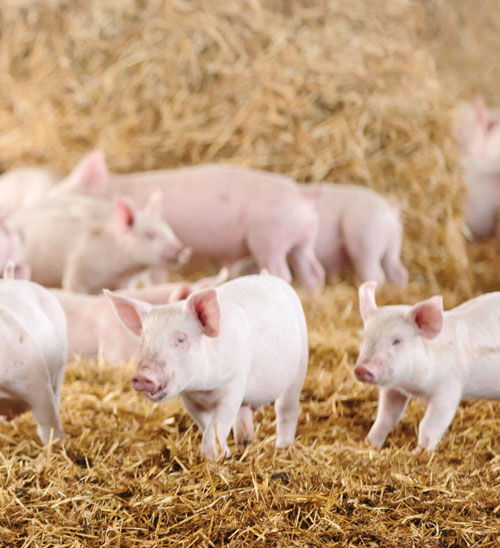ABOVE: Vets can use their professional judgment based on case-by-case variables, such as the degree of the initial suspicion, sample types and the stage of the disease.
To support the continued success of the Evidence of Absence Surveillance Project, the project sampling guidelines have been revised to allow veterinarians more flexibility – to use their professional judgment based on case-by-case variables, such as the degree of the initial suspicion, sample types and the stage of the disease.
This means that, while it is ideal to submit samples from at least five animals, veterinarians can elect to submit samples from fewer animals when they judge this appropriate and more feasible.
Revised printed and digital guidelines are available from Animal Health Australia’s Surveillance and Monitoring team.
The evidence generated by the Evidence of Absence Surveillance Project adds to the body of Australian Animal Health surveillance data and helps to ensure that unnecessary import conditions are not applied by overseas countries to Australian pork products.
It also assists in maintaining the import conditions that Australia places on imported pork products by demonstrating that these conditions are science-based.

The Evidence of Absence Surveillance Project helps to ensure that unnecessary import conditions are not applied by overseas countries to Australian pork products.
Since the project began in 2018, there has been a twofold average increase in the number of investigations across the project’s specified exotic pig diseases.
However, with increasing risks to Australia from incursions such as African swine fever and foot and mouth disease, it is vital that we continue to have quantitative evidence to substantiate our claims of freedom.
As such, veterinarians within Australia are encouraged to submit samples to their state or territory animal health laboratory for exclusion of specified exotic pig diseases.
The purpose of the Evidence of Absence Surveillance Project is not the same as a genuine suspicion of an emergency animal disease, which must be reported immediately to the state or territory government department of agriculture or primary industries.
If you suspect an emergency animal disease, contact your nearest government field-veterinary officer or the Emergency Animal Disease Hotline on 1800 675 888, which is a 24-hour a day line manned by government veterinarians and biosecurity officers.
For project assistance, contact Animal Health Australia surveillance coordinator Mikhaila Nye on (02) 6232 5522 or mnye@animalhealthaustralia.com.au
For more information, visit the Animal Health Australia website – animalhealthaustralia.com.au/enhanced-surveillance-for-significant-exotic-diseases-of-pigs







